According to the CDC, about every 1 in 10 Americans has some form of diabetes. Currently, there are 37.3 million people in America that have it. And shockingly, it’s estimated that 1 in 5 people don’t know they have diabetes (1). 2021 was the 100th year anniversary since Insulin was discovered, and since then, many scientists and nutritionists have been studying diet and medicine to help combat the disease.
One food group that consistently seems to come up is blueberries and how they can be a positive source of nutrition and help for diabetics. Let’s talk about why and how this works.
What Is Diabetes?

Diabetes comes in two forms and is a chronic or life-long condition that affects how our bodies digest food and turn it into energy. For most individuals, their bodies will take food, break it down in a form of glucose (this is sugar), and release it into their bloodstream (2). Because of this, our blood sugar levels increase, and then our pancreas releases insulin to help convert this into our cells for energy.
When someone has diabetes, their body doesn’t produce enough insulin or insulin in the right way to convert this energy. Ultimately this results in having too much blood sugar, which produces worrying side effects like vision loss, kidney disease, or heart disease.
Two Types of Diabetes
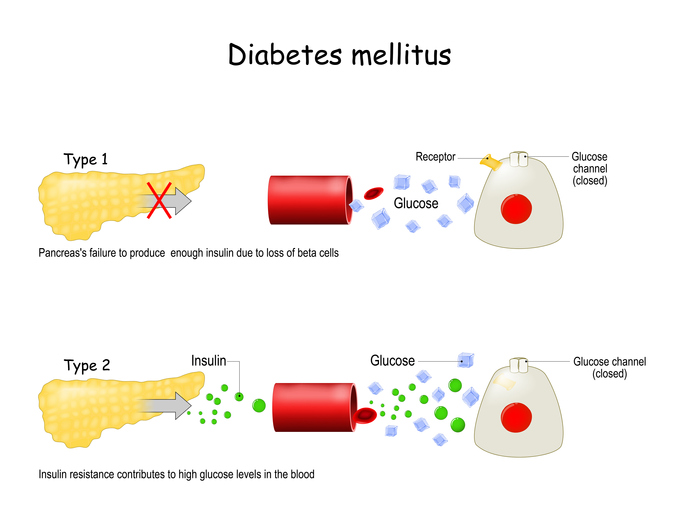
- Type I Diabetes is when the body has an autoimmune reaction and stops making insulin. Only 5-10 percent of people who have diabetes have Type I.
- Type II Diabetes is the more common of the two and is when your body doesn’t use insulin well. Usually, this is developed over the years and is diagnosed at an adult age.
The difference between Type I and Type II is that Type I requires people to take insulin every day. Type II can be combated with a healthy diet and exercise. This brings us to the diet and whether blueberries can be helpful or not!
Note: There is such as thing as gastrointestinal diabetes. This is when diabetes is diagnosed for the first time while pregnant. This puts you at risk, and you are likely to be diagnosed with Type II diabetes later in life when you are not pregnant as well. Most of the time, doctors have the same recommendations in terms of diet, exercise, and health with this type of diabetes as they do with Type II diabetes.
General Diabetes Eating Guidelines
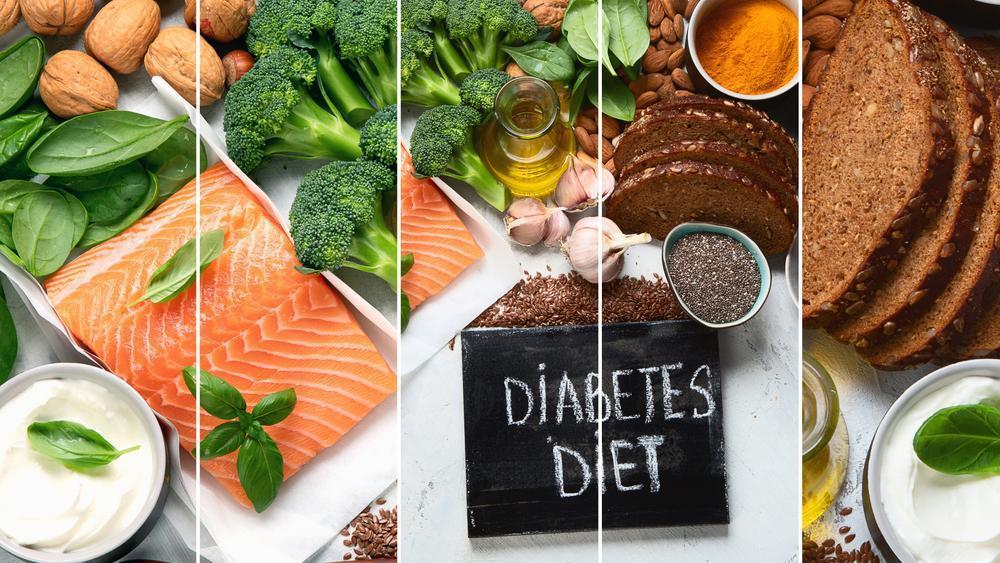
First, let’s talk about what the general guidelines are for someone who has diabetes. Then we can see where and how blueberries fit into the picture (3). This is geared towards Type II diabetes and for someone who is trying to control and manage their blood sugar levels within their target range.
- Carbohydrates are the culprit for helping raise your blood sugar levels. but depending on what you eat with your carbs can help slow down or speed up how quickly your blood sugar levels rise.
- Avoid processed foods that have additives and, most of the time, ingredients that you aren’t aware of. Playing guessing games is never any fun when you have diabetes. Whole foods that don’t have refined sugars are generally a good idea.
- When making a plat, consider half of it to be non-starchy vegetables like leafy greens and broccoli. Then one quarter should be dedicated to healthy proteins like chicken, meat, and fish. The last quarter should be digestible carbs like potatoes, pasta, rice, etc.
- Keep in mind that your drinks matter. Milk counts as a carb, and drinks that have a lot of sugar will quickly spike your glucose levels. This is especially true with breakfast foods and juices.
Are Blueberries Good For Diabetics?
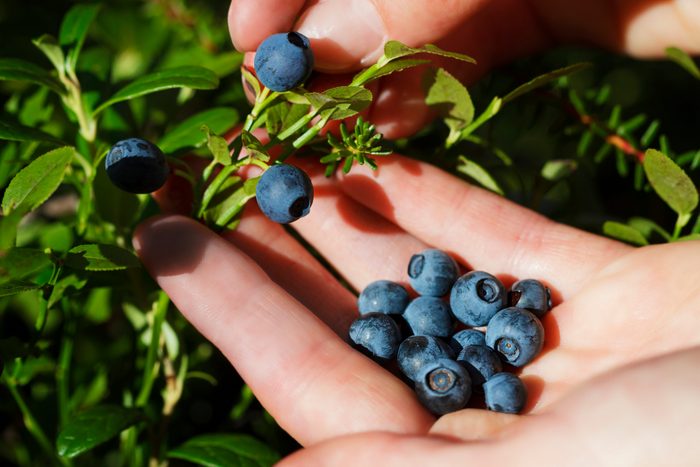
So, where do blueberries play in all of this? Blueberries are considered to be a fantastic choice when it comes to managing your blood sugar levels and helping satisfy your sweet cravings. But there is some science behind it. Let’s explore.
Nutrients On Nutrients
Some people have stayed far away from blueberries and other fruit under the misconception that their natural sugars will spike their blood sugar levels. But in reality, blueberries have a lot more than just natural sugar to them. They are filled with vitamins, minerals, and, importantly, fiber which helps the digestion process for those with diabetes.
Focusing on Fiber
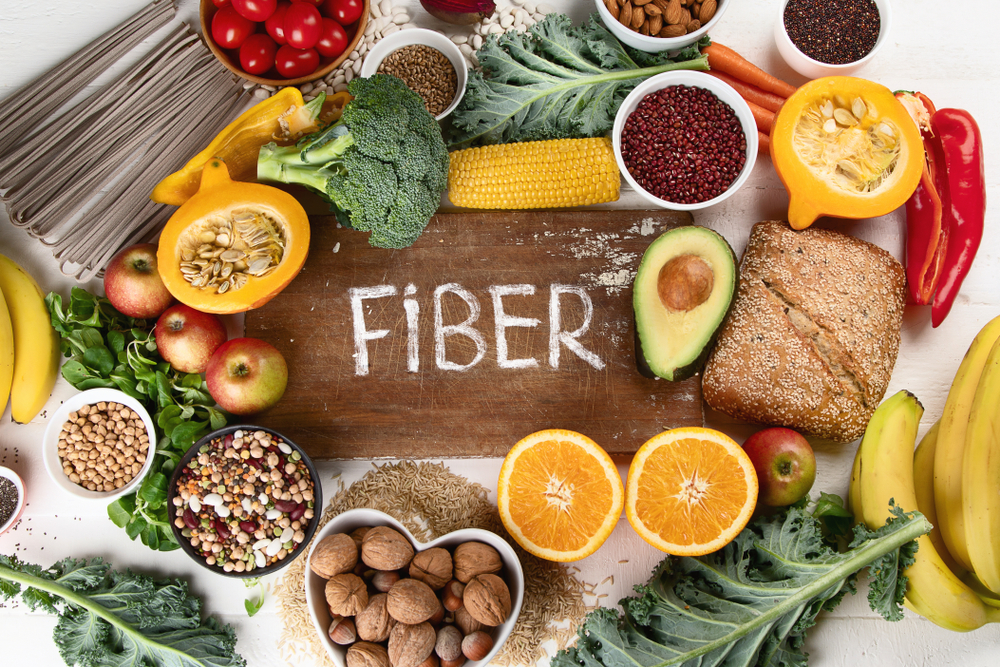
First, let’s talk about the fiber in blueberries since it helps slow the release of glucose into your bloodstream when you eat them. A glycemic index is a tool that people with diabetes can use to see what a food’s rating is and how it will affect their blood sugar levels. It goes from 0 to 100. Blueberries are a 53. While it’s about half, it’s still considered to be a low number.
For instance, a cup of blueberries has roughly 4 grams of fiber. Because the body has a harder time breaking down fiber, this, in general, will slow down digestion and slow down the glucose released into the bloodstream. This is infinitely better than a simple carbohydrate that breaks down quickly.
What About Polyphenols?
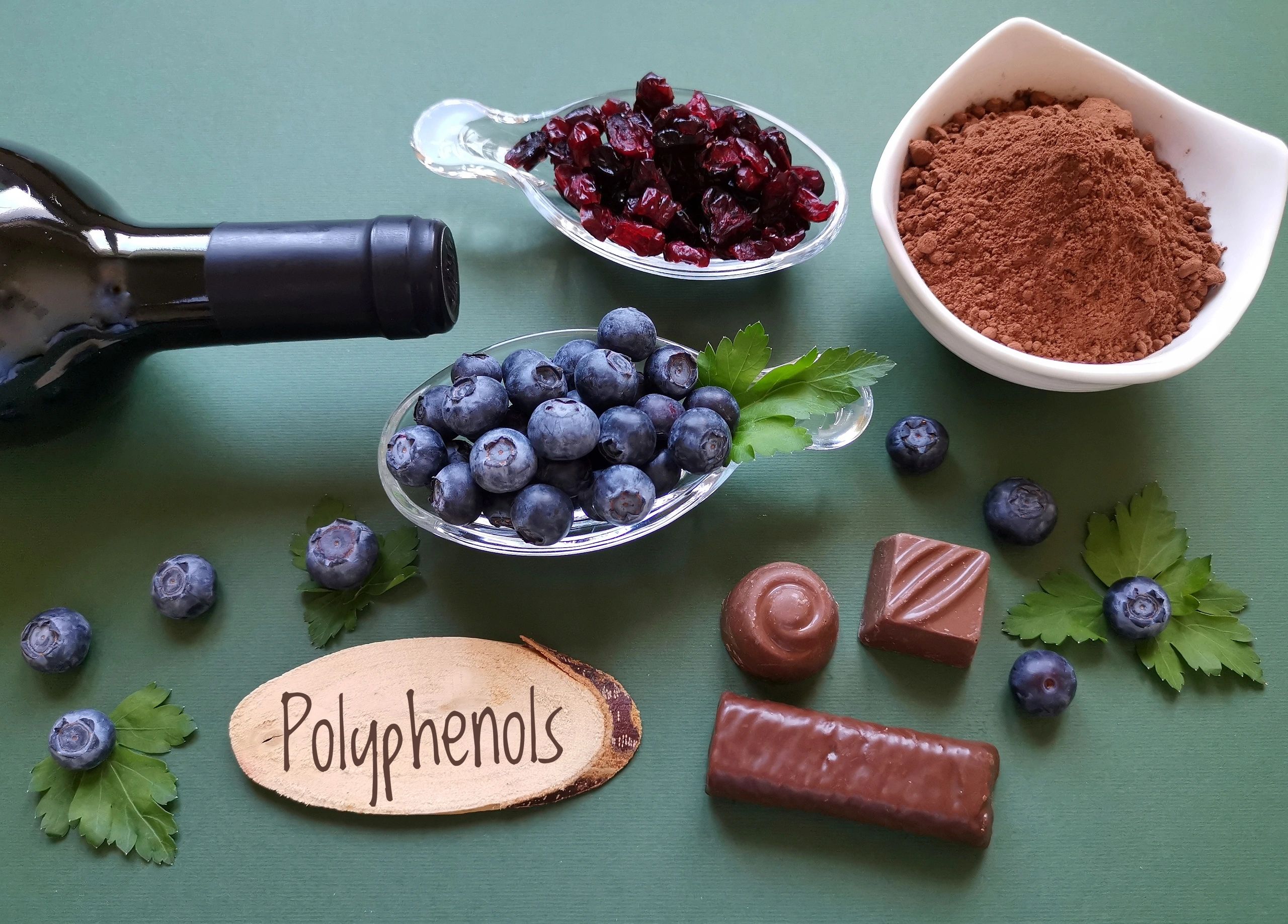
Polyphenols which are in abundance in blueberries are a compound chemical that is ultimately an antioxidant. Blueberries have many anti-oxidants. The idea is that antioxidants play a powerful role in boosting your immune system and helping it fight off disease, which is why it may be a help in fighting prediabetes or those who have Type II.
One of these polyphenols. anthocyanins have recently been studied, citing that they may help with insulin sensitivity (4). With Type II diabetes, people have trouble with how their body uses insulin. Anthocyanins may help the muscles use insulin better to absorb the blood sugar levels and turn them into energy.
Bring On The Blueberries

Too much of anything is never good, which is why you don’t want to eat cups and cups of blueberries. This can lead to the dangerous uptick in blood sugar levels you are trying to avoid. But when you pair blueberries with the right food groups, it can certainly help your diet.
- Blueberries go great in yogurt in the morning.
- Blueberries can be a part of a leafy green summer salad.
- Blueberries are great with whole wheat toast and healthy nut butter.
Be careful when pairing your blueberries with other types of sugary food groups. You don’t want to reduce the effect they have on your blood sugar levels if it is paired with the wrong food.
Other Interesting Blueberry Nutrition Facts
- calcium
- magnesium
- vitamin C
- vitamin E
- fiber
- folate
- vitamin K
- potassium
Blueberries Are Great For Weightloss
Blueberries are often suggested by dieticians for those who are seeking to lose weight. And since doctors are quick to suggest a healthy diet and maintain a healthy weight for those who have diabetes, blueberries are a win-win. They are low in calories yet super high in minerals, vitamins, and essential nutrients, as listed above.
What About The Other Berries?
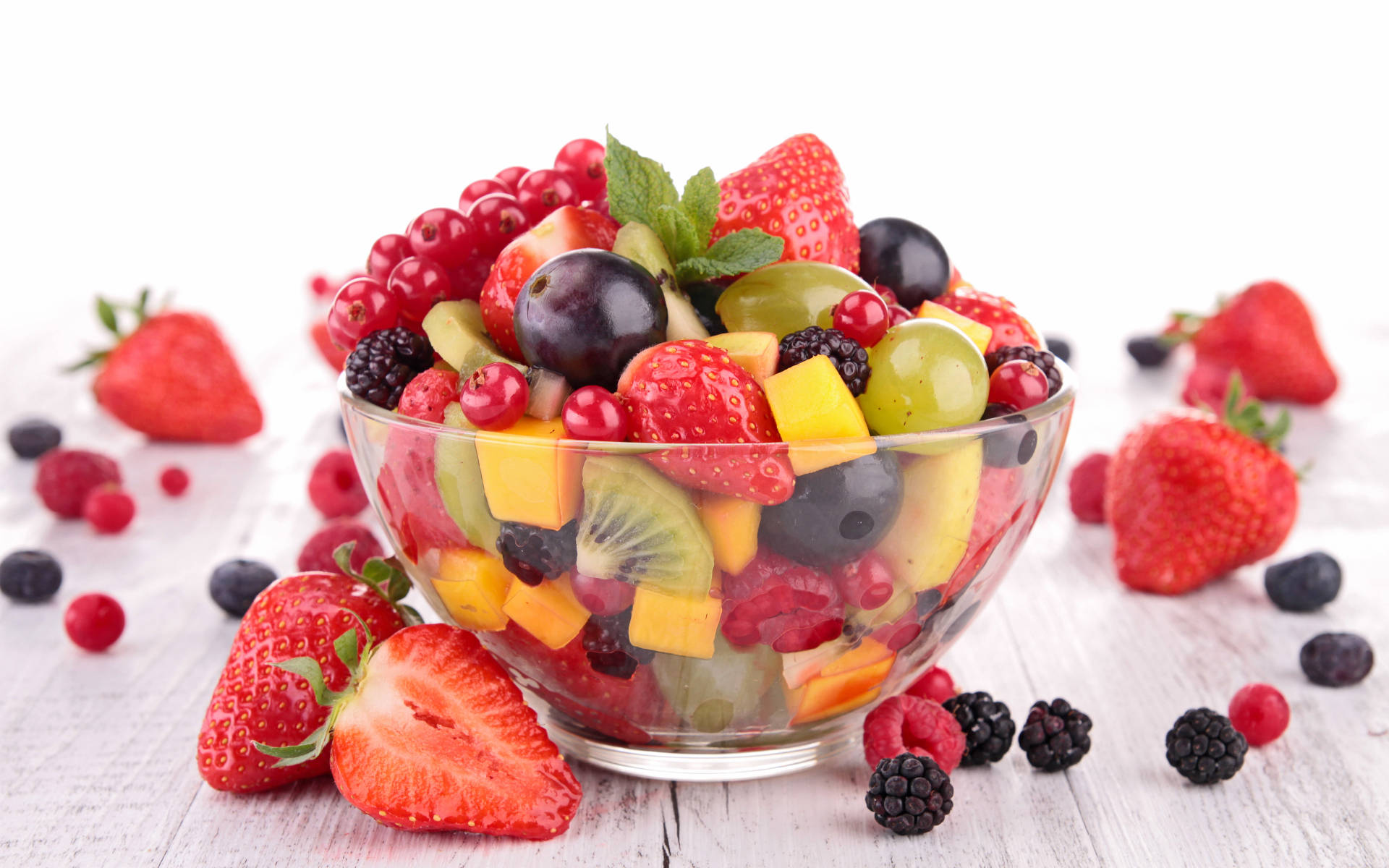
This may have got you wondering whether blueberries are the only berry you should be considering eating if you want to stave off pre-diabetes or if you already have Type II diabetes. There are several fruits and berries that you may want to consider adding to your diet. Here they are.
- Tart cherries, with their pits, have a healthy source of carbohydrates and have great antioxidants, as blueberries do. This helps support your immune system. Careful not to buy cherries in cans because chances are there are loads of preservatives and added sugars.
- Peaches are rich in vitamin C and potassium. Vitamin C is great because it helps with our body’s healing process, while the potassium in peaches can help with our electrolytes and fluid levels.
- Apricopes are loaded with Vitamin A (which helps with vision) and fiber. As we now know, fiber can help our digestion system go a little more slowly to control our blood sugar levels.
- Apples also pack a lot of fiber, and they offer Vitamin C as well. It may be wise to cut the apple in half because they are a little heavier on the calorie and carb side.
- Opt for eating oranges instead of drinking orange juice to get your daily dose of vitamin C. ORanges also have folate, which helps with red blood cell formation and potassium.
- Pears pack fiber, just like some of the other awesome fruits mentioned on this list.
- Last but not least, Kiwis seem to have it all by having some fiber, potassium, and Vitamin C.
While all of these fruits make a good choice, blueberries seem to be the winner because they actually have been associated with a pre-study suggesting they may help with insulin resistance which is directly related to those who are pre-diabetic or have Type II diabetes.
Managing Your Diabetes With Blueberries
In conclusion, adding blueberries to your diet if you are pre-diabetic or already diagnosed with type II diabetes is recommended. Blueberries and other fruit can be incorporated into your diet to not only help your diabetes but also support other parts of your immune system.
It’s important to continue to use a Glycemic Index and keep track of your blood sugar levels no matter what you are eating. And remember to consult your doctor or dietician before making any drastic changes to your diet.
References
- https://www.cdc.gov/diabetes/library/spotlights/diabetes-facts-stats.html#:~:text=37.3%20million%20Americans%E2%80%94about%201,t%20know%20they%20have%20it.
- https://www.cdc.gov/diabetes/library/spotlights/diabetes-facts-stats.html#:~:text=37.3%20million%20Americans%E2%80%94about%201,t%20know%20they%20have%20it.
- https://www.cdc.gov/diabetes/managing/eat-well/meal-plan-method.html
- https://www.ncbi.nlm.nih.gov/pmc/articles/PMC5691727/



